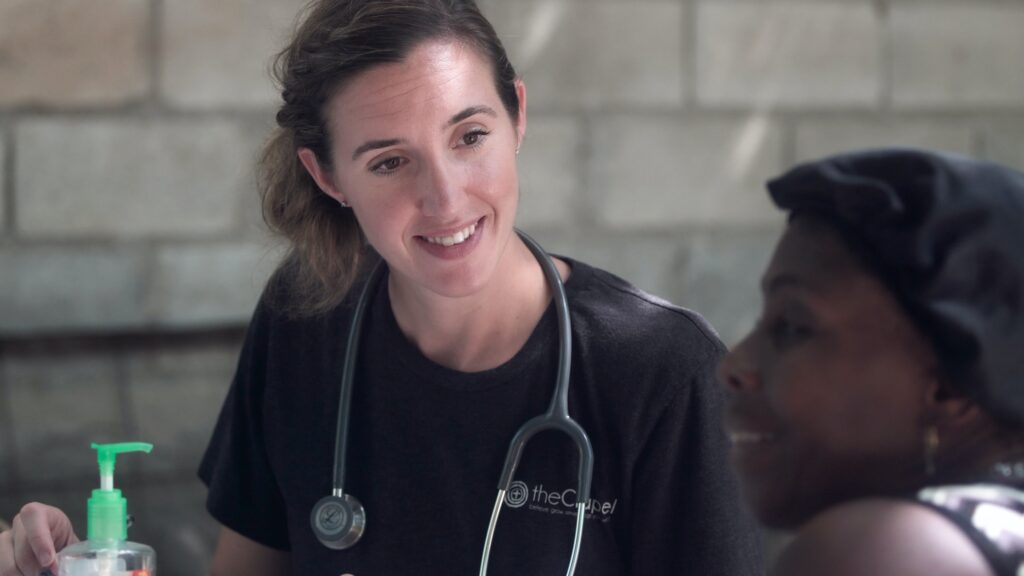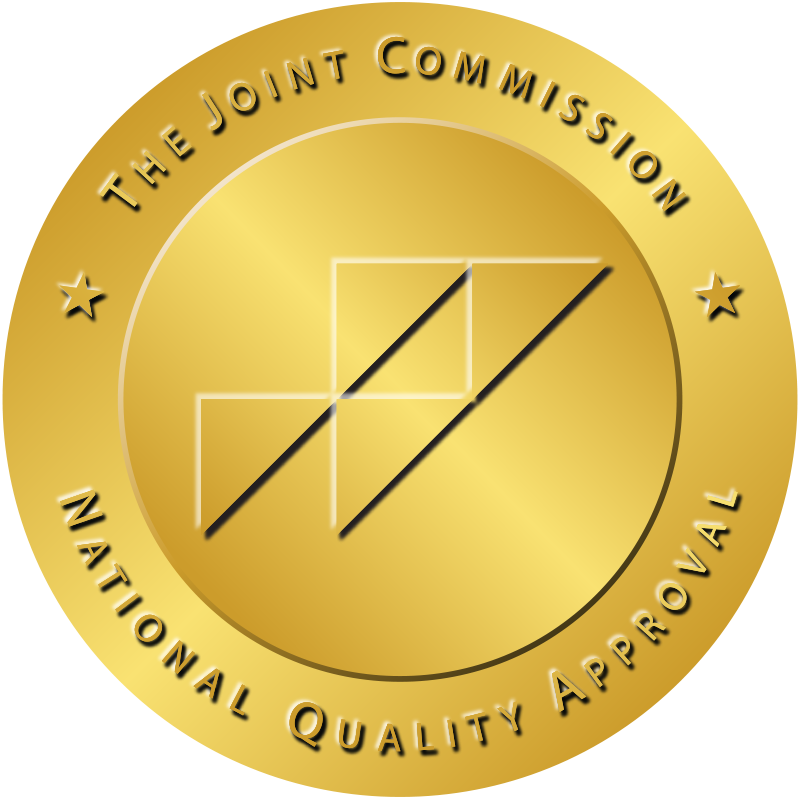Crisis Intervention
Crisis intervention is the immediate or short-term care, mostly psychological, that assists people going through a sudden crisis situation. Through crisis intervention, professionals can aim to restore balance to the bio-psycho-social functioning of the individual in question with the intention of reducing the possibility of long-term psychological trauma. The situations that could lead to such a crisis will vary from person to person, which means that those specialized in crisis intervention need to be ready to handle a wide range of scenarios. Here at Healthy Living, our focus lies on treating those struggling with addiction and its consequences, which is why we are intent on assisting those undergoing crises stemming from drug and alcohol abuse.
What Constitutes a Crisis?
Crises can comprise a variety of different situations. These can be both physical and psychological, some more noticeable than others. For example, overdoses are clear cases of physical crises, because the body enters a damaging state of shock. If left untreated, this can cause long term damage. Psychological crises, on the other hand, tend to be vague and harder to spot. As far as addiction goes, psychological crises can manifest themselves in different feelings of inadequacy, hopelessness, depression, or pain caused by substance abuse. It’s important to find help before these crises leave long-lasting effects on the person.







